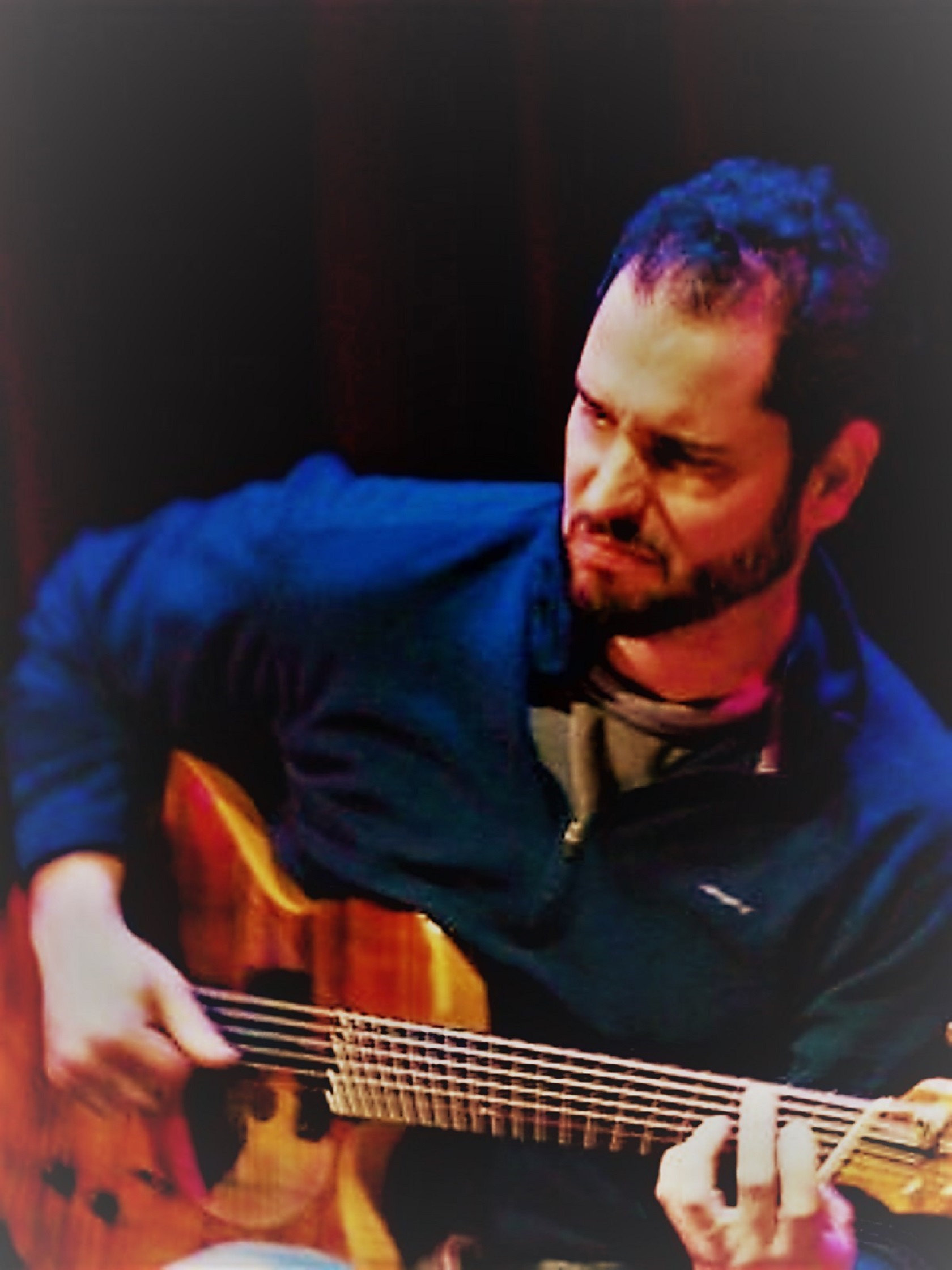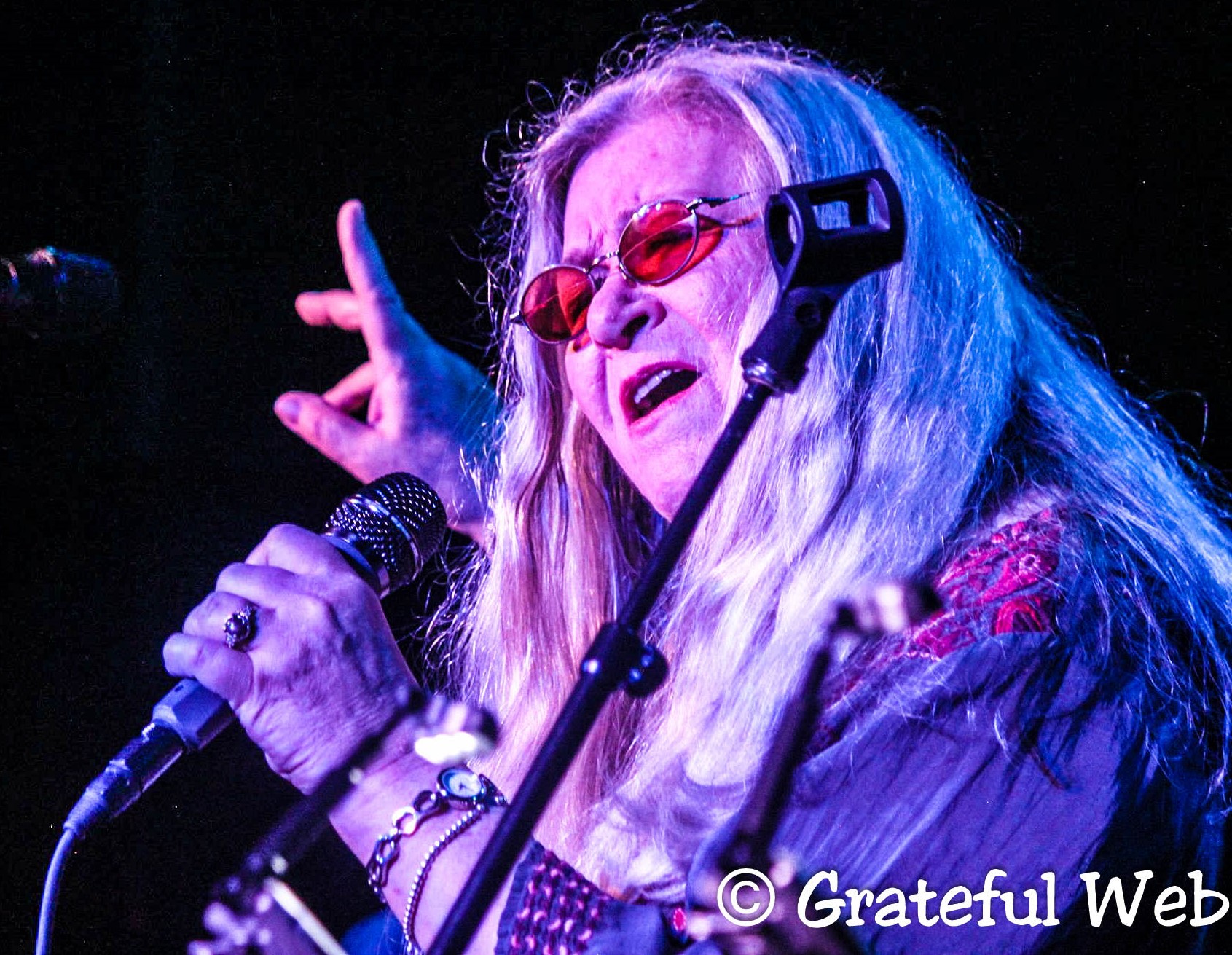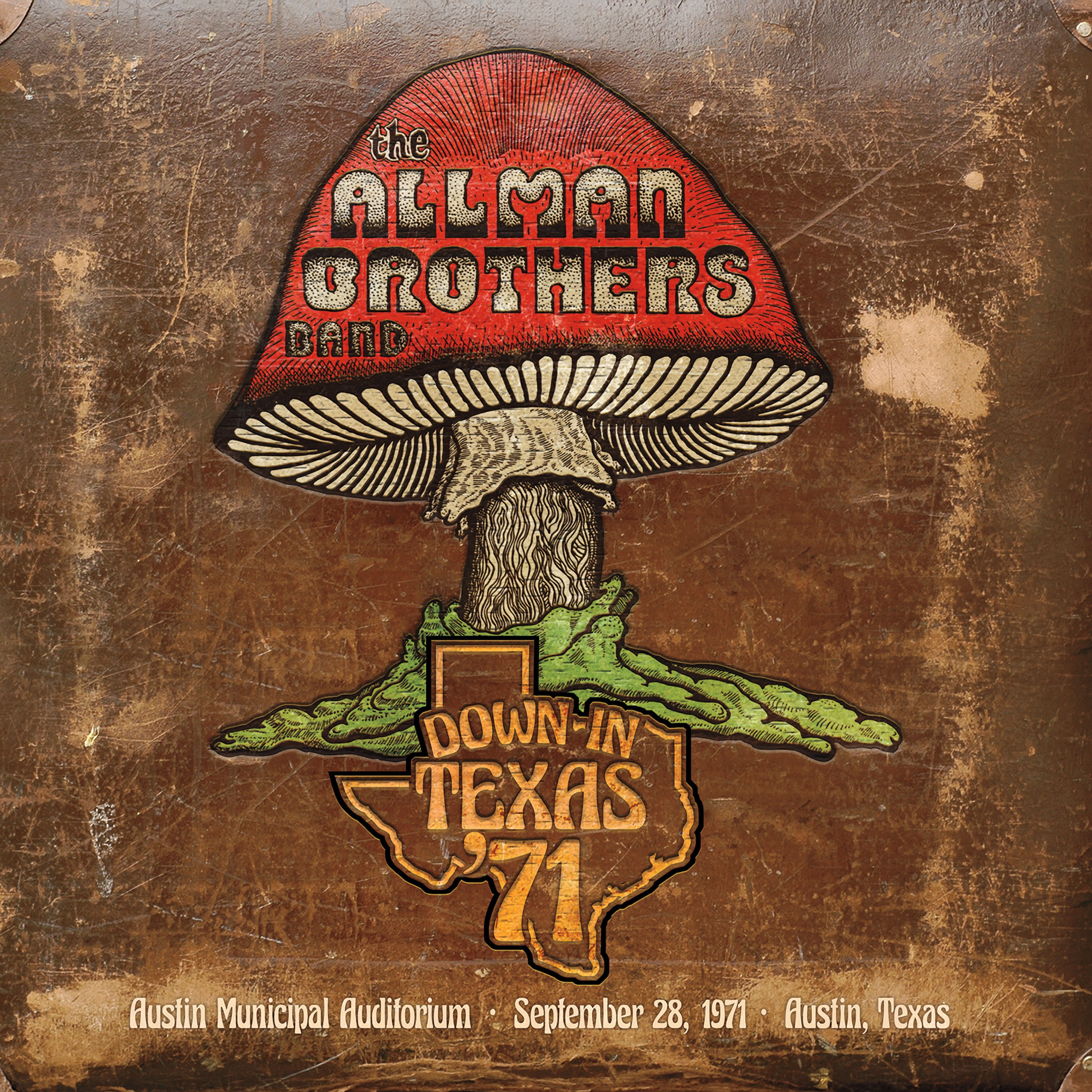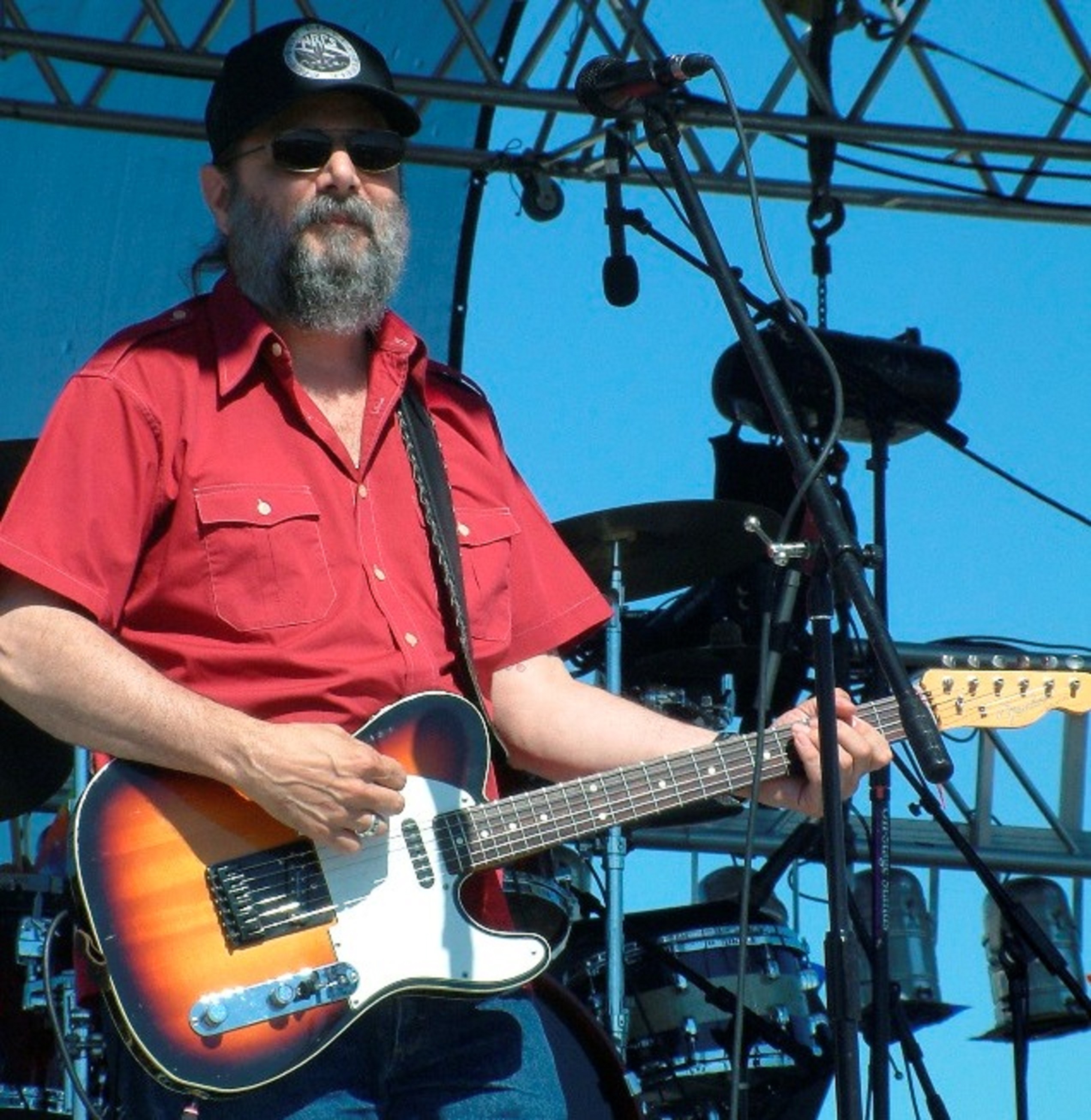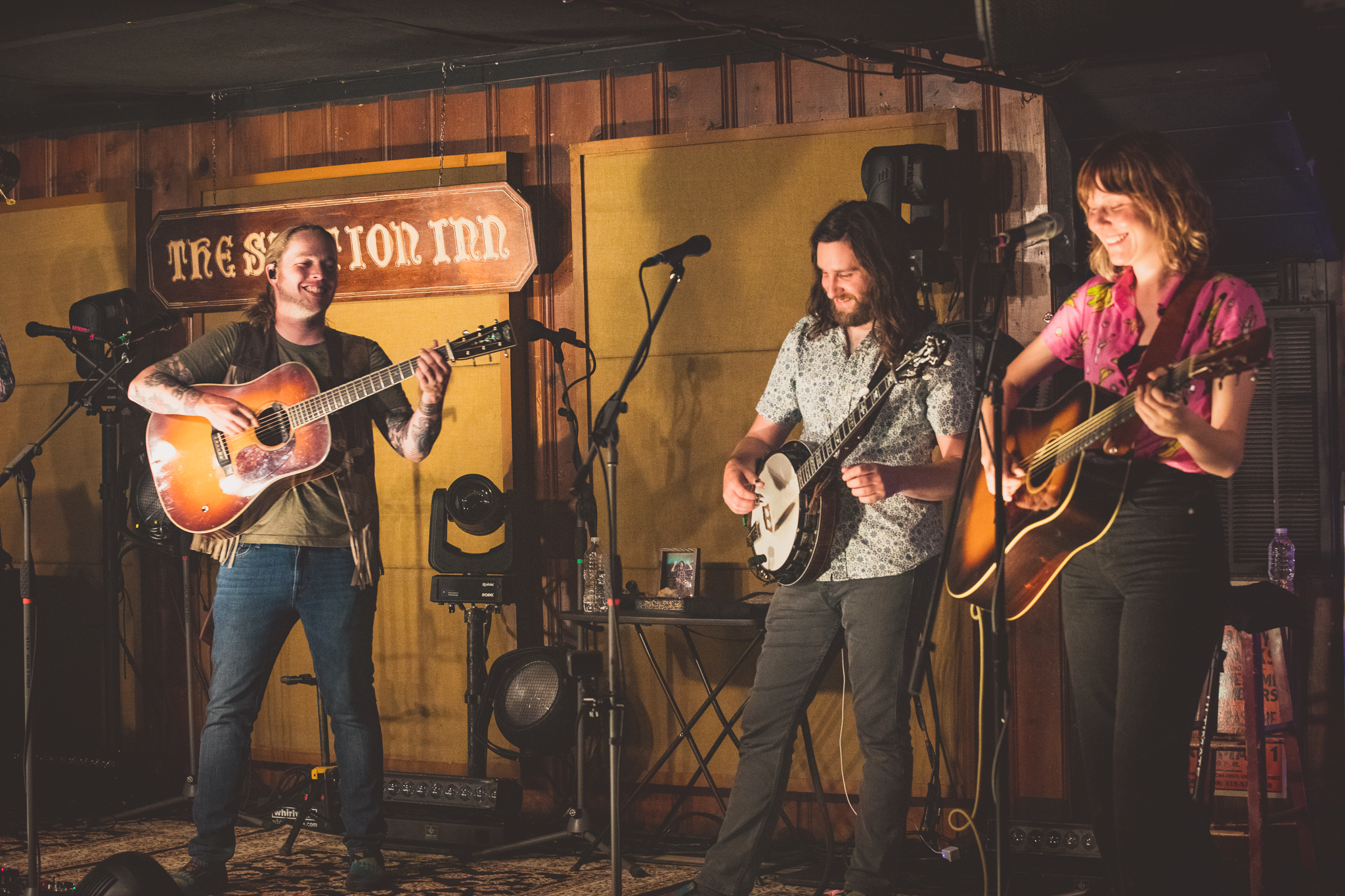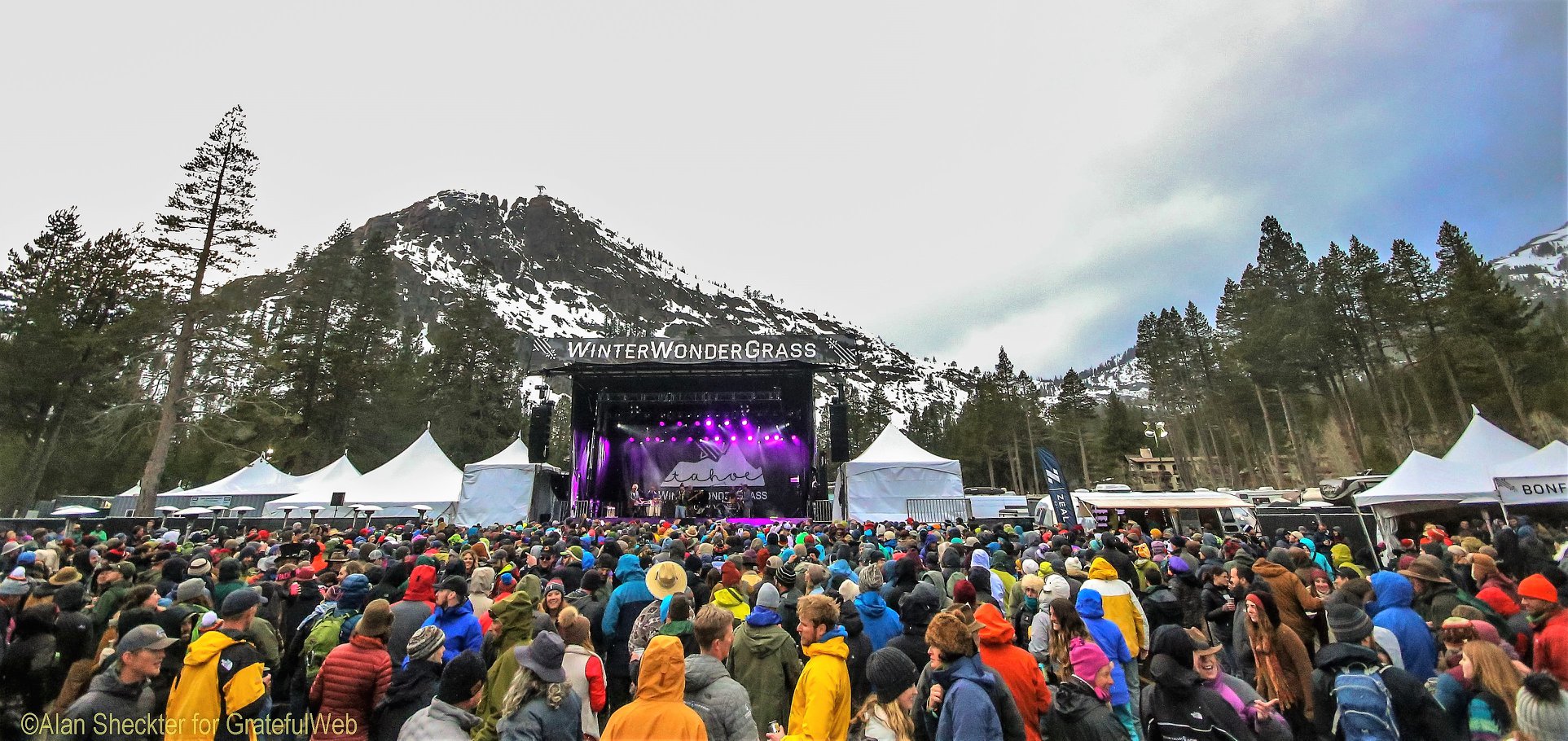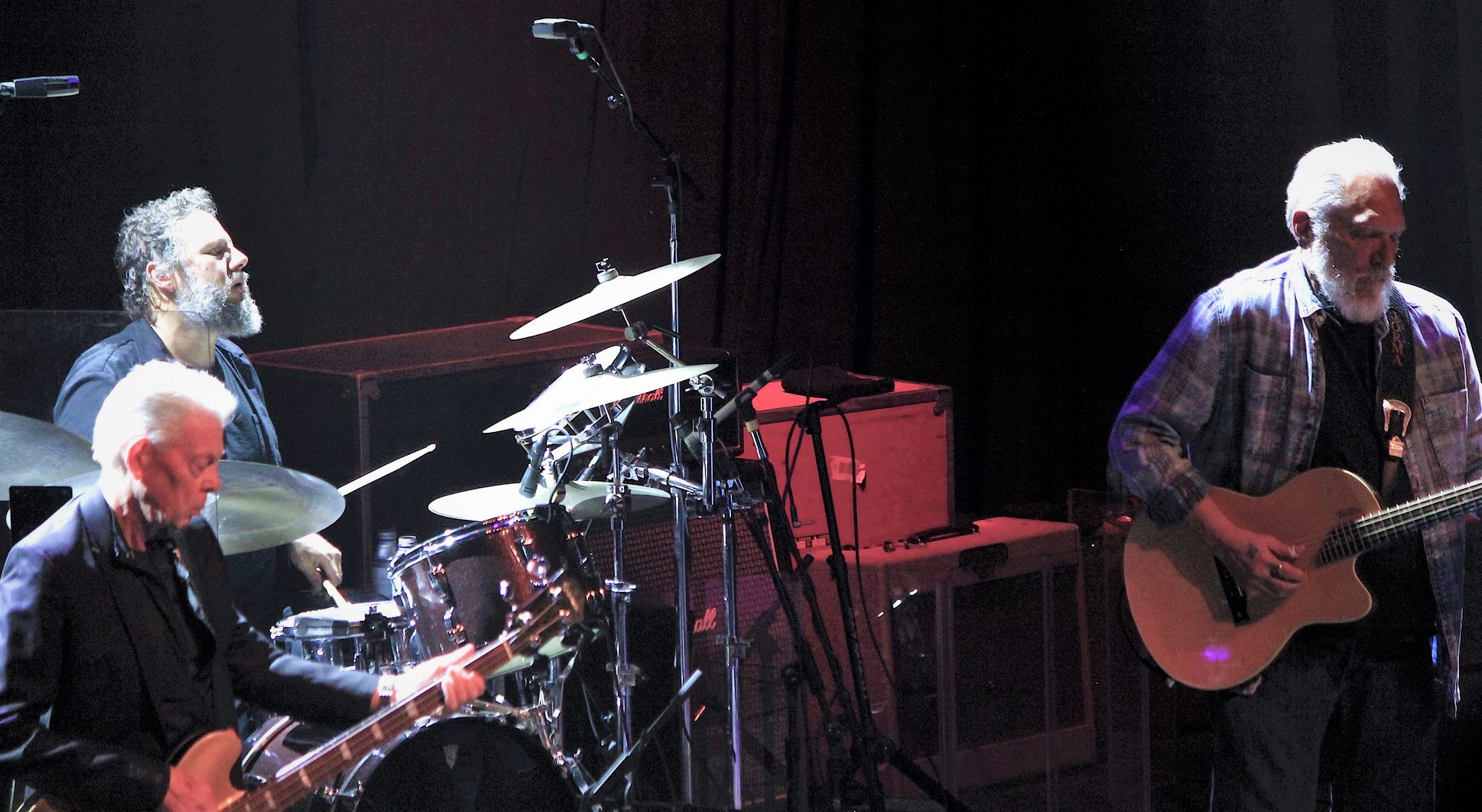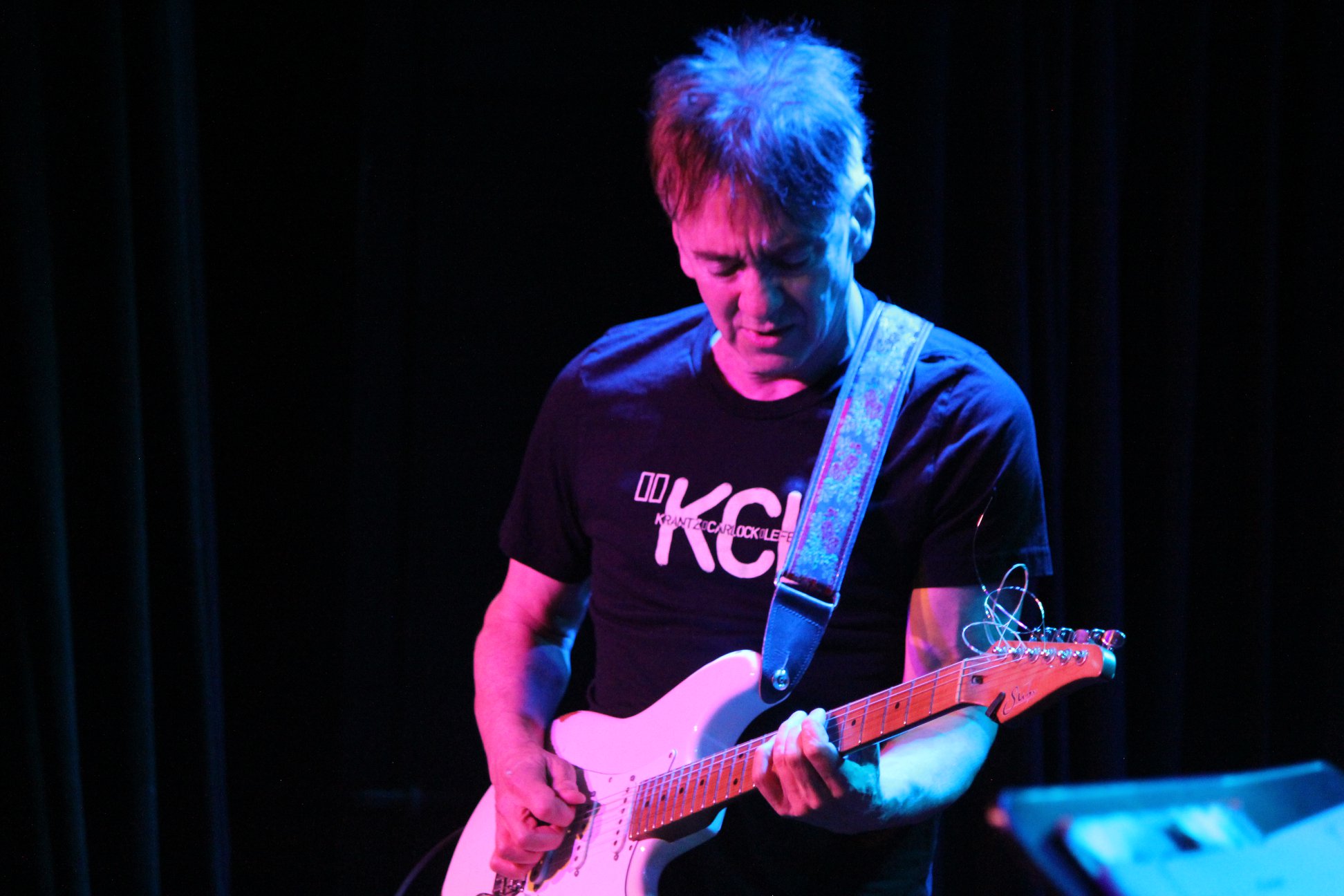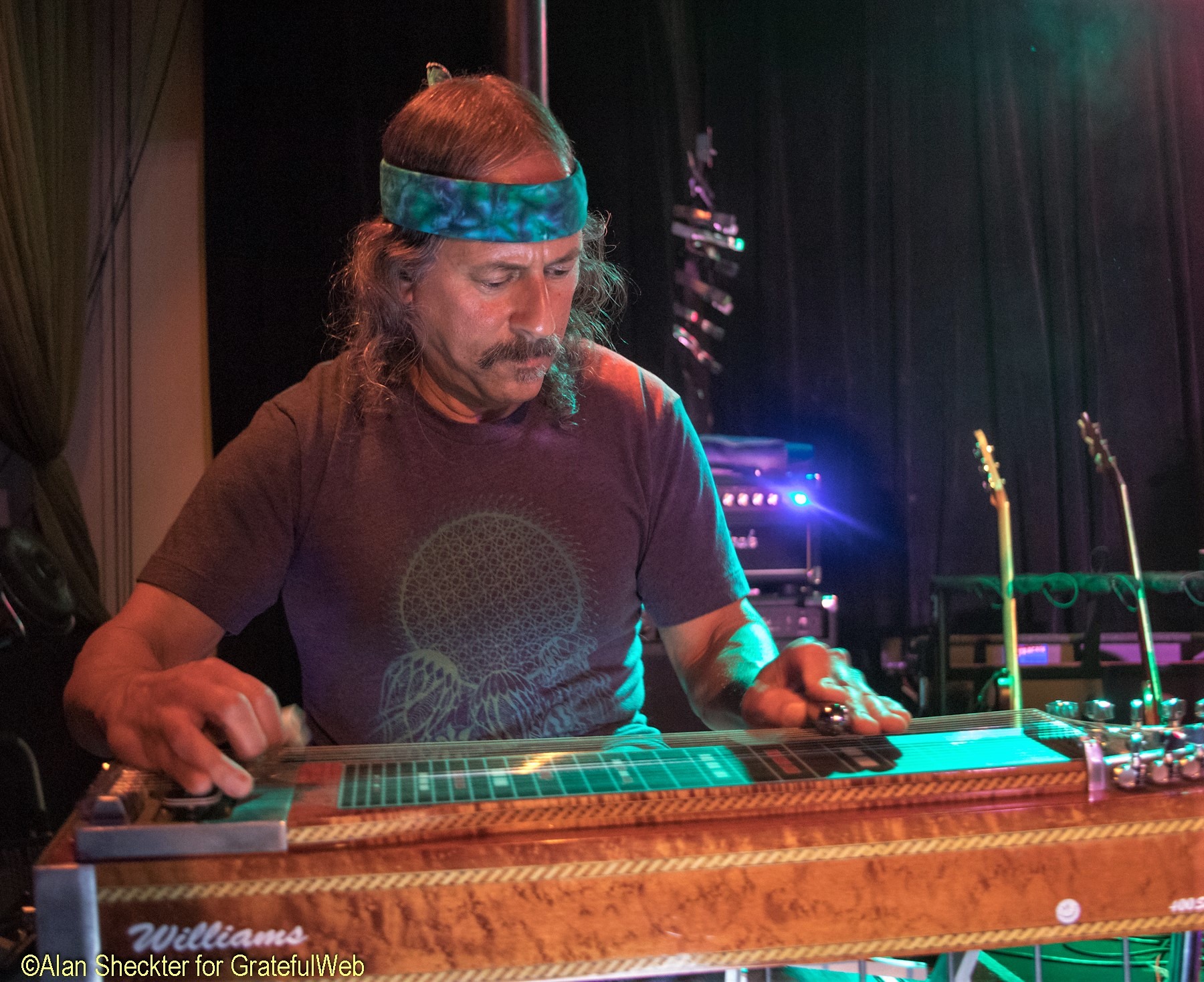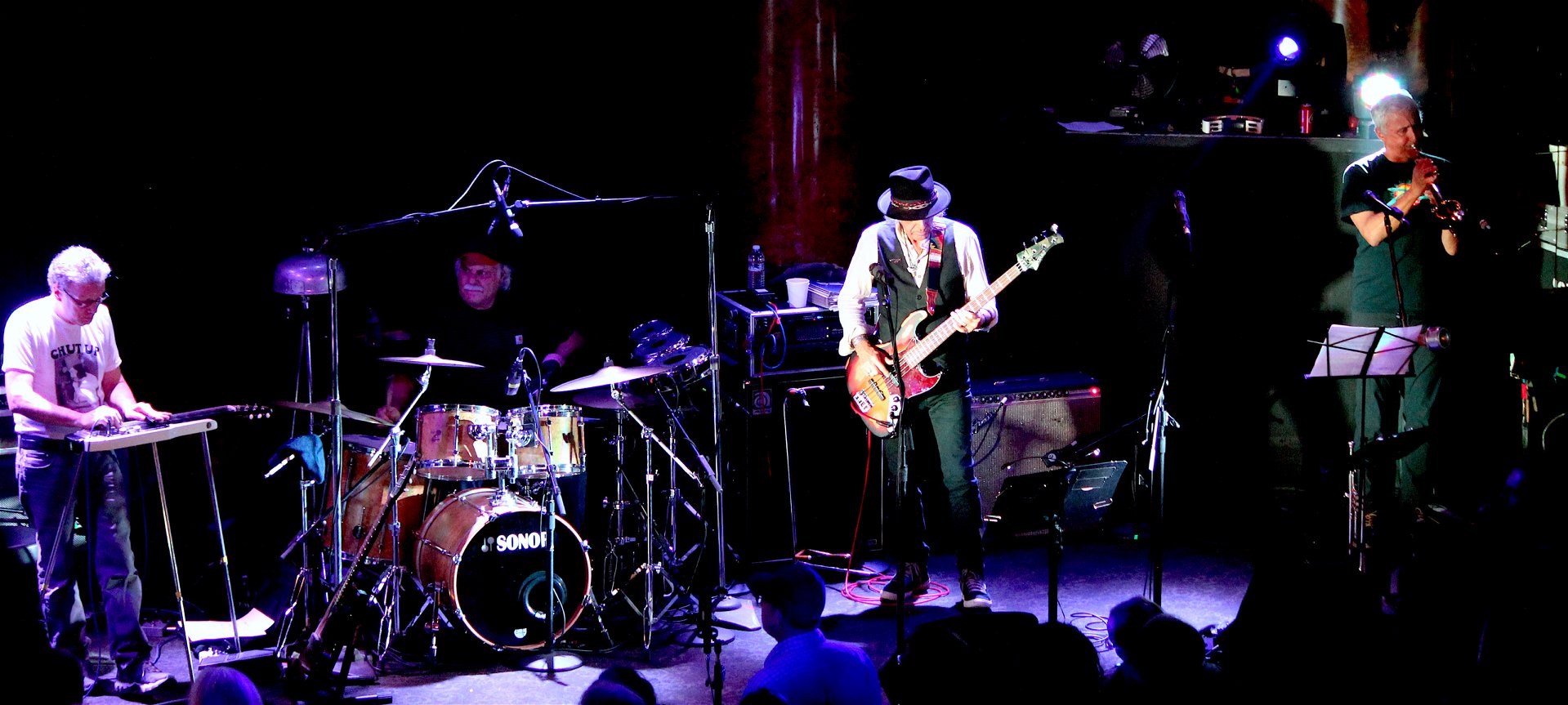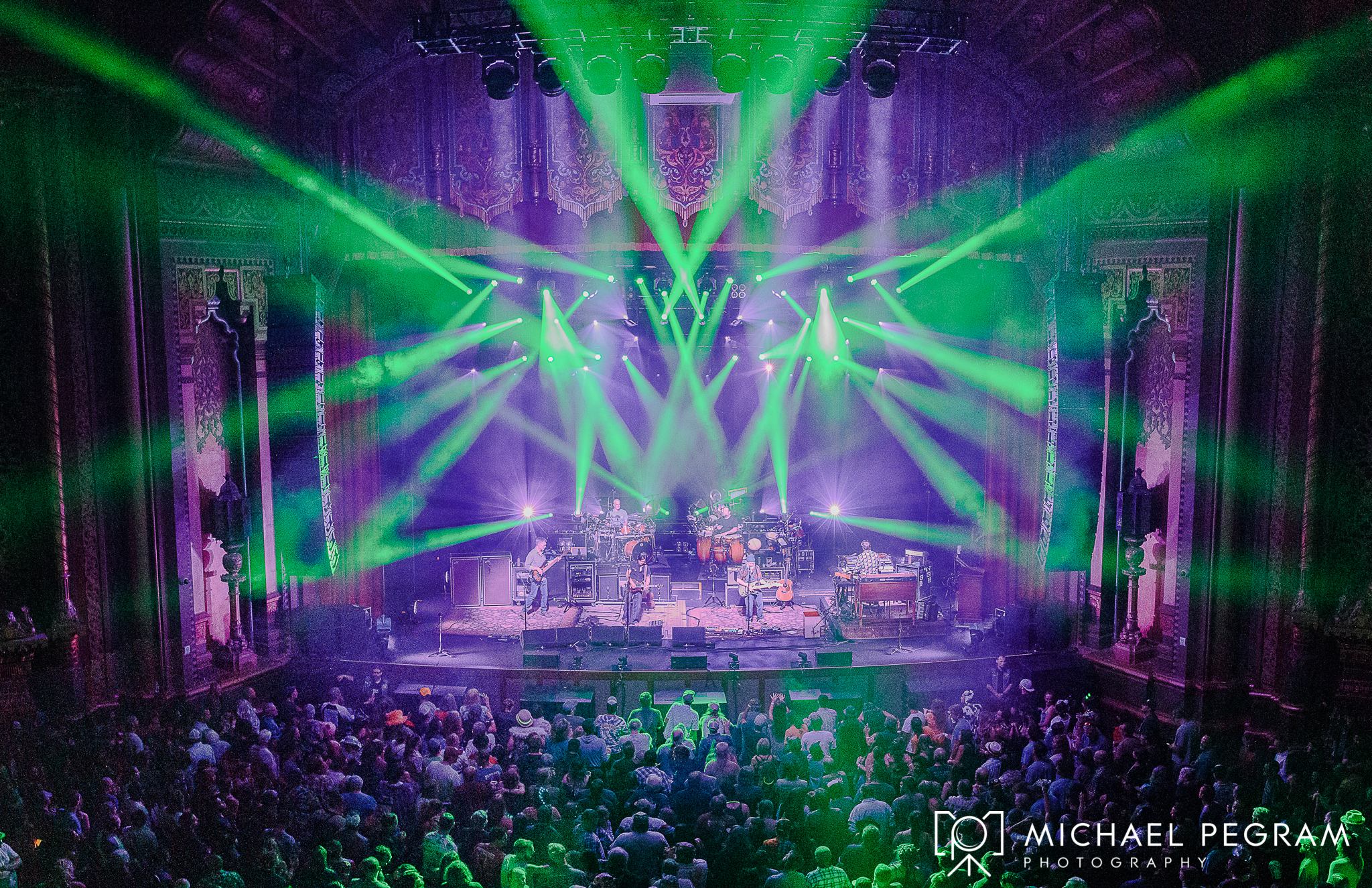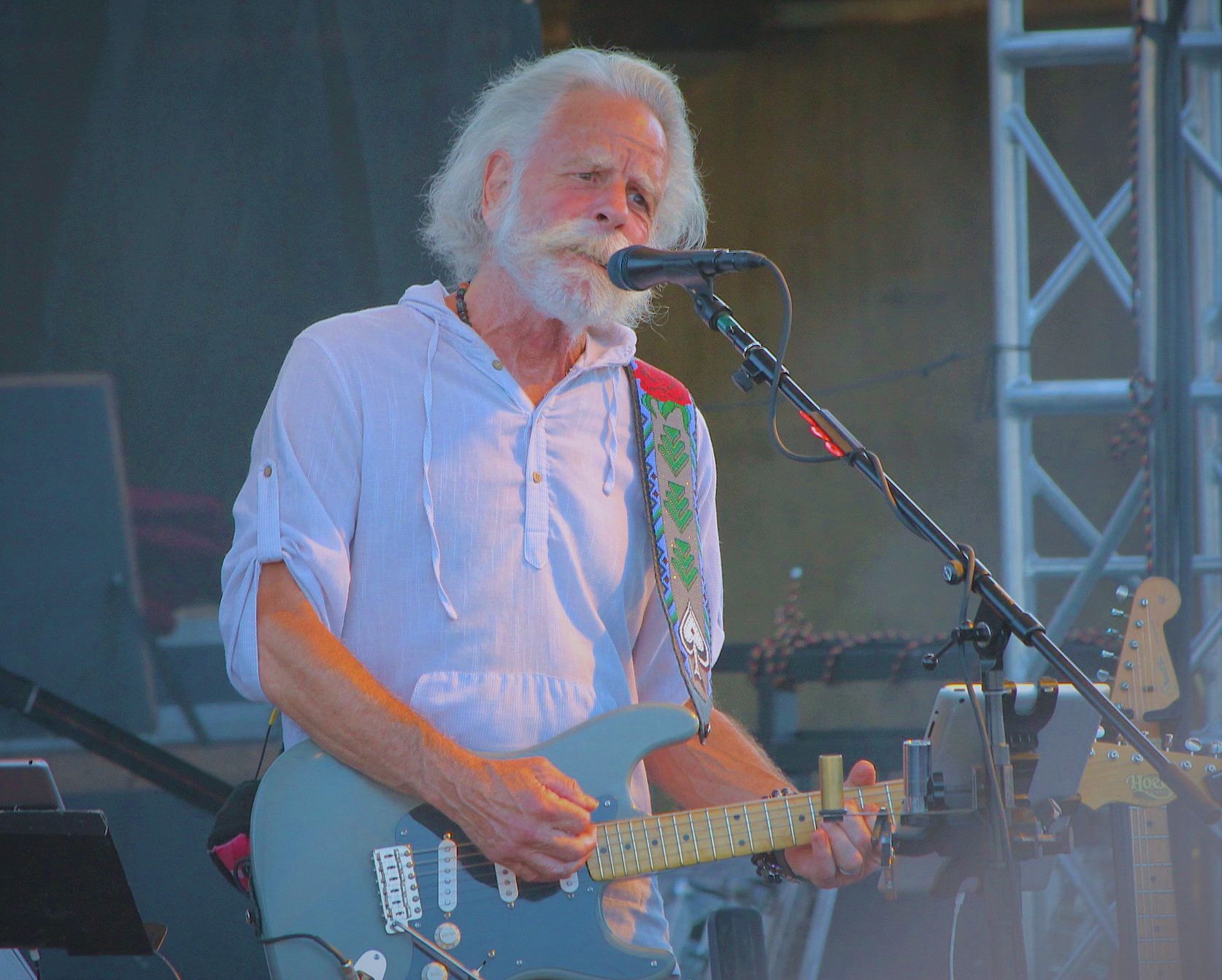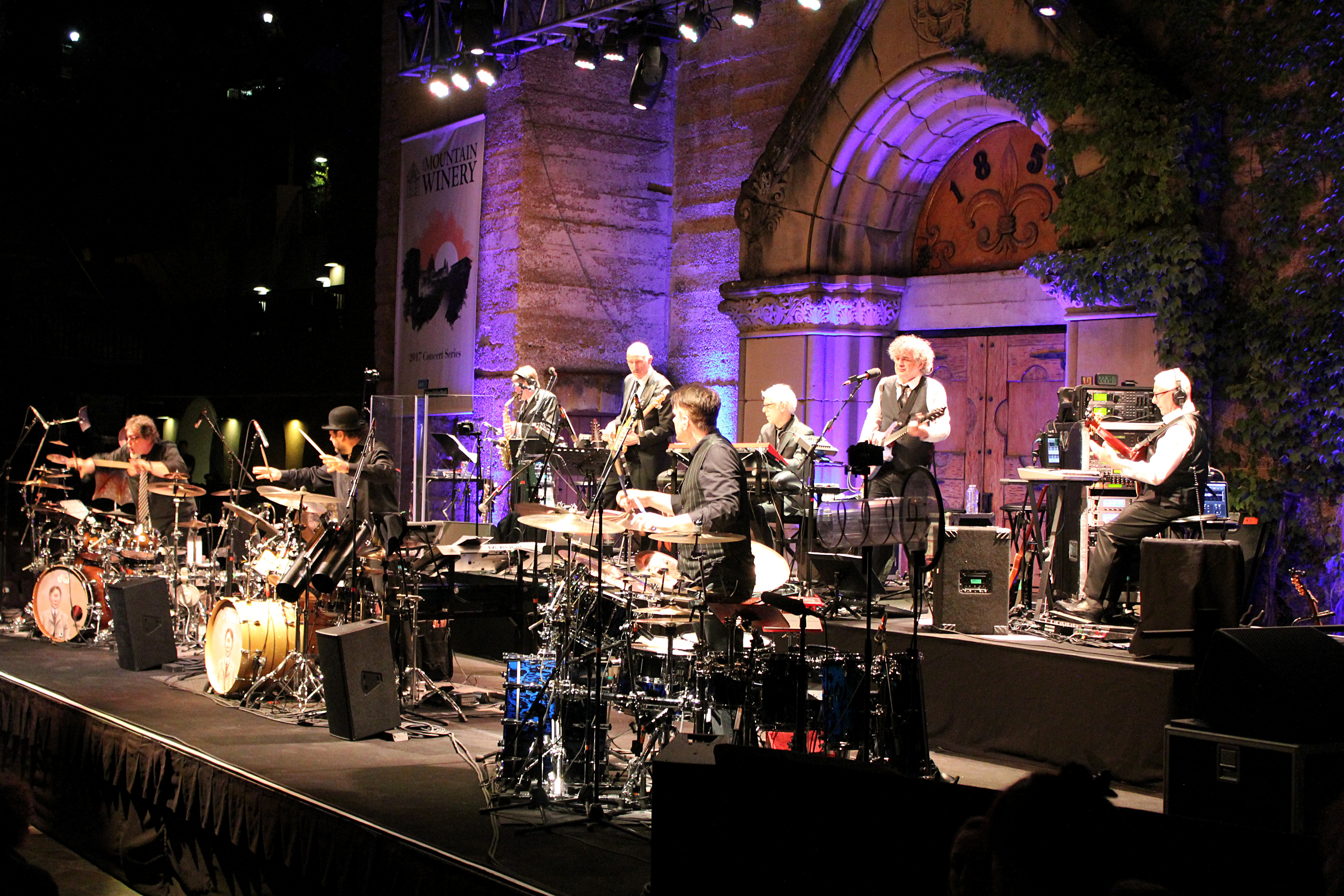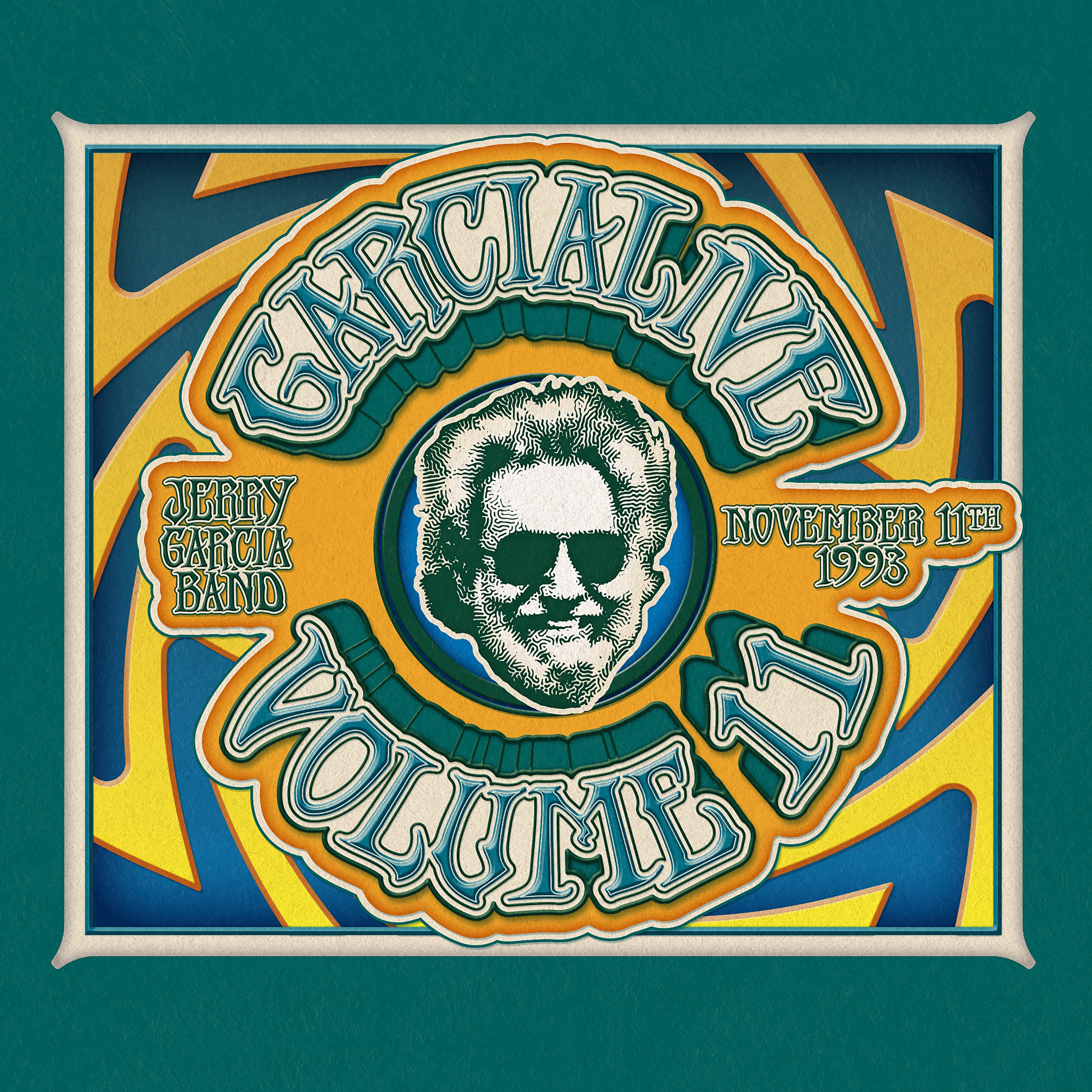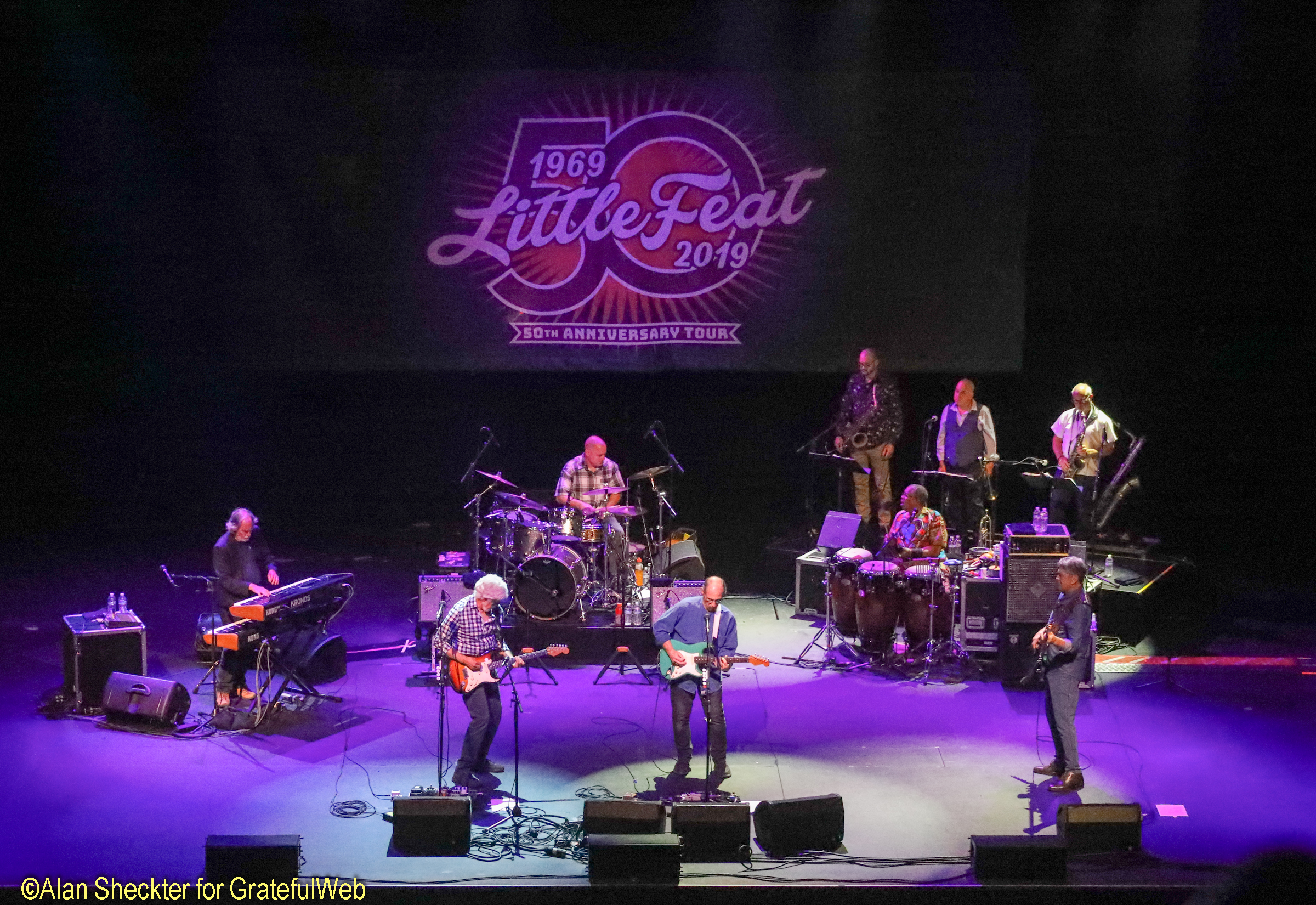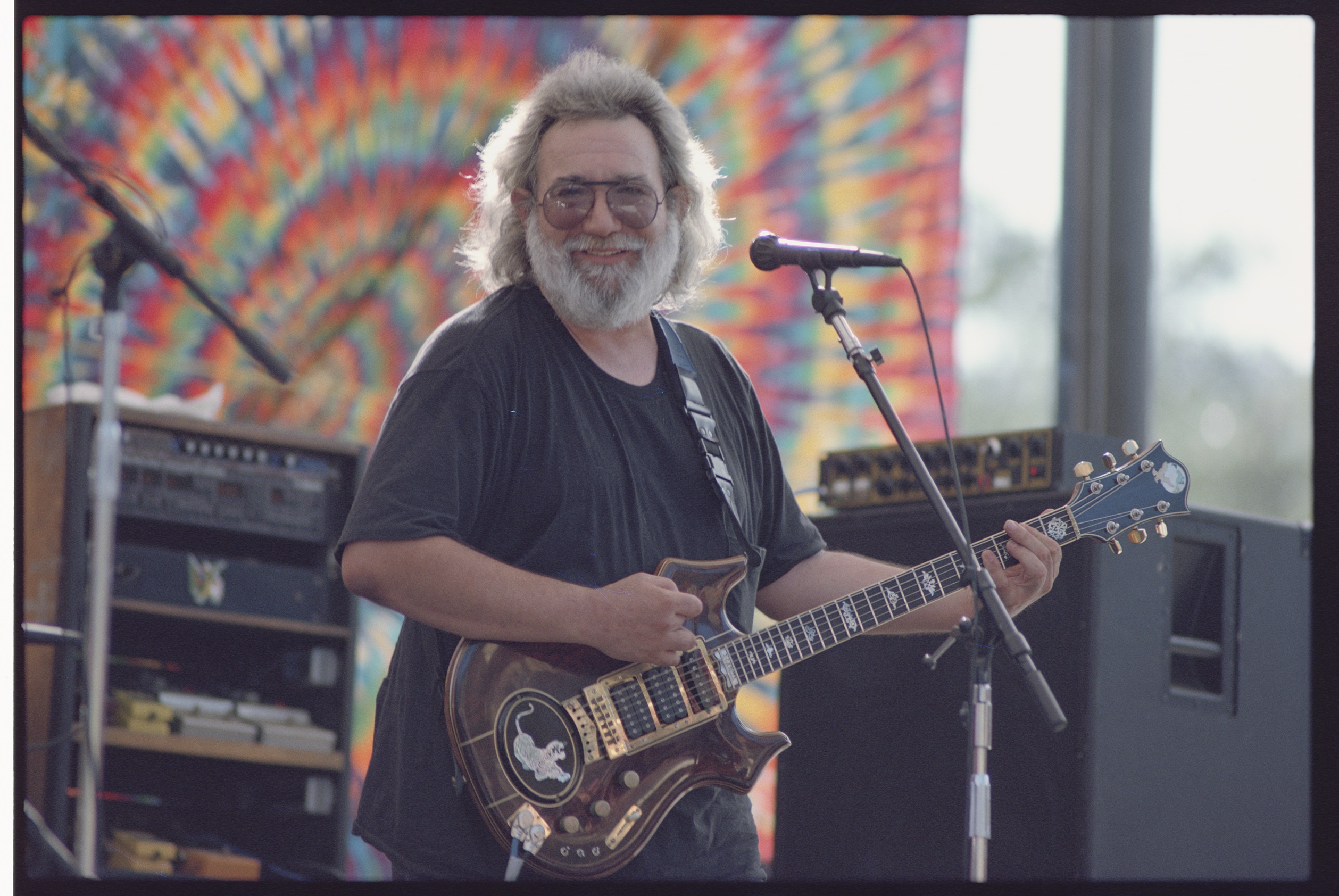Grateful Web recently had an opportunity to speak to guitarist, composer and bandleader, Charlie Hunter.
GW: This is Dylan Muhlberg of Grateful Web here with jazz guitarist Charlie Hunter. We’re gonna catch up with him about his influences, his projects and what he’s got going on right now. Thank you so much for joining us Charlie.
CH: Thank you for having me.
GW: What were your musical influences from childhood?
CH: So many different things. My mom had all these old blues records around the house and listening to the radio I took in a lot of soul music. Some of the more obvious stuff too like the Beatles and Jimi Hendrix.
GW: Growing up in Berkeley, California, during High School, you received instruction and guidance from legendary guitarist Joe Satriani. What did you take away from learning from him?
CH: He was just a local guitar teacher for everybody there in Berkeley. And it wasn’t unusual for me to take lessons from him. Because everybody did. So I was lucky that respect. He was a great teacher of showing you how to get around on the fret board and how to feel the guitar. He didn’t push any specific aesthetic things on me, just really how to get around on the guitar.
GW: So was he well into his professional career at the time and was just volunteering his time for the students?
CH: He wasn’t volunteering his time. He was making a living at the guitar store.
GW: Got you. So you’re from a generation of incredible progressive jazz musicians that have furthered the medium beyond anyone’s expectation. Les Claypool, Stanton Moore, Skerrik, Will Bernard just to name a few. One unified link is that none of you seem to adhere to a certain style or genre. Why do you prefer to bend the idea of genre when you compose or play?
CH: I don’t even think of it. You have your influences and you try to be honest. You listen to lots of different music and do your best to be as honest as you can about it.
GW: Who are some of vital musicians in the jazz community that have either influenced your style of playing or inspired you to continue to play?
CH: There are too many people to name. Everyone you come in contact with teaches you all the time. You’re just trying to learn as much as you can and have your ears open.
GW: Getting back to your style of playing, you pick on bass and guitar harmonics simultaneously; genuinely performing what it takes two sets of hands to play for most. How did you develop such dexterity and that specific part of your style?
CH: You just practice and practice. Constantly. And that’s just how it is. The more you practice the easier it gets. Every day I go out into my shed and I try to figure out how to get better. And that never stops.
GW: The axe you perform on is a custom guitar built just for you that most closely resembles a bass guitar. How was it built in particular for you?
CH: We’ll I had been evolving the idea of this guitar over the years. And I just tried to hone in on what I wanted more and more. My first one Ralph Novack made for me about twenty-five years ago at this point. I’ve been evolving that ever since. Jeff Traugott out of Santa Cruz, California made the current one I play on.
GW: So is it a bass guitar?
CH: No, I call it a seven-string guitar. It’s got most of the range of a bass and most of the range of a guitar.
GW: I’ve truly never seen anyone play like you. I’ve seen musicians like Steve Bailey and Victor Wooten who know how to play on multiple harmonics but that performance last weekend [at Dazzle Lounge, Denver] was something.
CH: Thanks Dylan. It always again comes back to lots and lots of practice, playing with great people, and getting you butt kicked. There’s really no other way to do it. No short cuts.
GW: Last year for Grateful Web I interviewed guitarist John McLaughlin. I asked him to describe the creative task of composition. He told me it was too daunting of a task to articulate. That he didn’t consciously preconceive what was coming, but that melodic suggestions built into something larger eventually. When you compose do you have a particular approach or is it too daunting to articulate?
CH: If I’m thinking about writing. I just work off of a nice melody and play on it until it’s done. [Laughs] And that’s about that.
GW: I have to say that I first learned of you not through the New Orleans and New York jazz circuits, Denver’s scene is still developing…
CH: You got tons of great musicians in Colorado in both Denver and Boulder. It’s no lie. You have Ron Miles and Greg Garrison. I’m not taking that man. [Laughs]
GW: Right on. So the band that I discovered you through that you were part of for a while was Garage A Trios. You played side by side with some really killer players and common collaborators. All the members had extremely outgoing musical personalities. Was it challenging to collaborate with such hyper active personalities all at once?
CH: No because they just did everything that I told them to [Laughs]. We’re just friends’ man. It was just having fun. And what you need to understand about a situation like that nobody runs the show. Nobody has invested everything into a certain idea or premise. Everybody just had a really good time.
GW: Listening to Garage A Trios it definitely sounds like you guys were having a good time.
CH: Yeah, it was great when we did it.
GW: You have a new album out with drummer and old friend Scott Amendola, “Not Getting Behind is the New Getting Ahead.” You’ve continued to collaborate with Scott over the years. Could you take about the project and playing with Scott?
CH: Like you said he was on a bunch of my Blue Note records in the early days, and part of my quartet with Kenny Brooks and others. We worked together lot through the 90s and have always stayed in touch musically and otherwise. We’ve just been playing together for years so it seemed to come naturally.
GW: What do you think about the separation of the higher musical integrity of the jazz community versus the jam band scene? Do you think things are best kept separate of that the two should coincide more often?
CH: Basically there are two kinds of music. There’s good music and the other stuff. The goal is to make people feel good. However you do that is great. Just because the jam band music most of the time doesn’t work for me doesn’t mean for others it isn’t their jam.
GW: I wanted to thank you for your time. Certainly a pleasure to watch you perform at Dazzle Lounge the other night and hope to see you in Colorado in not too long.
CH: Great, can’t wait to come back.





